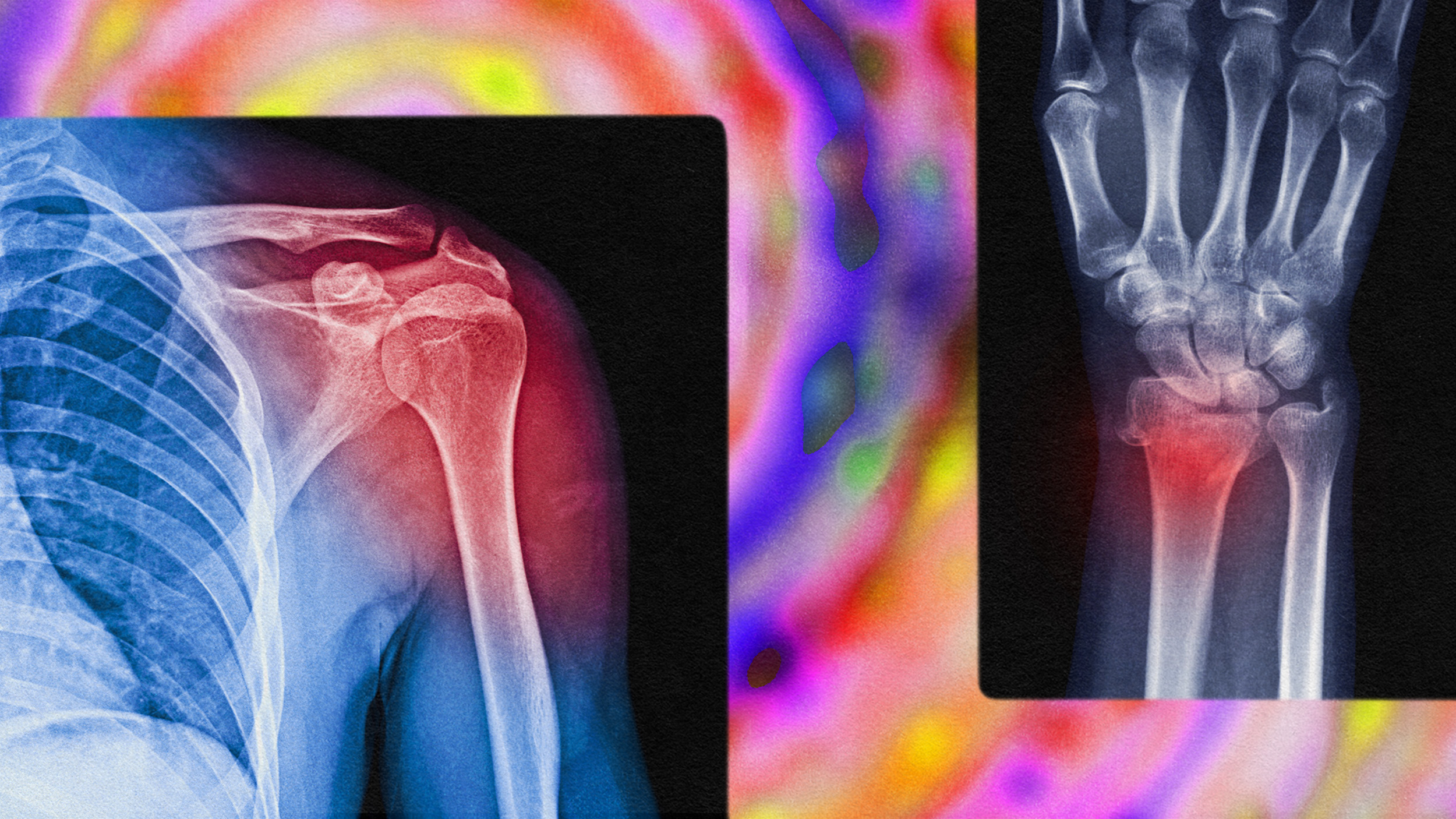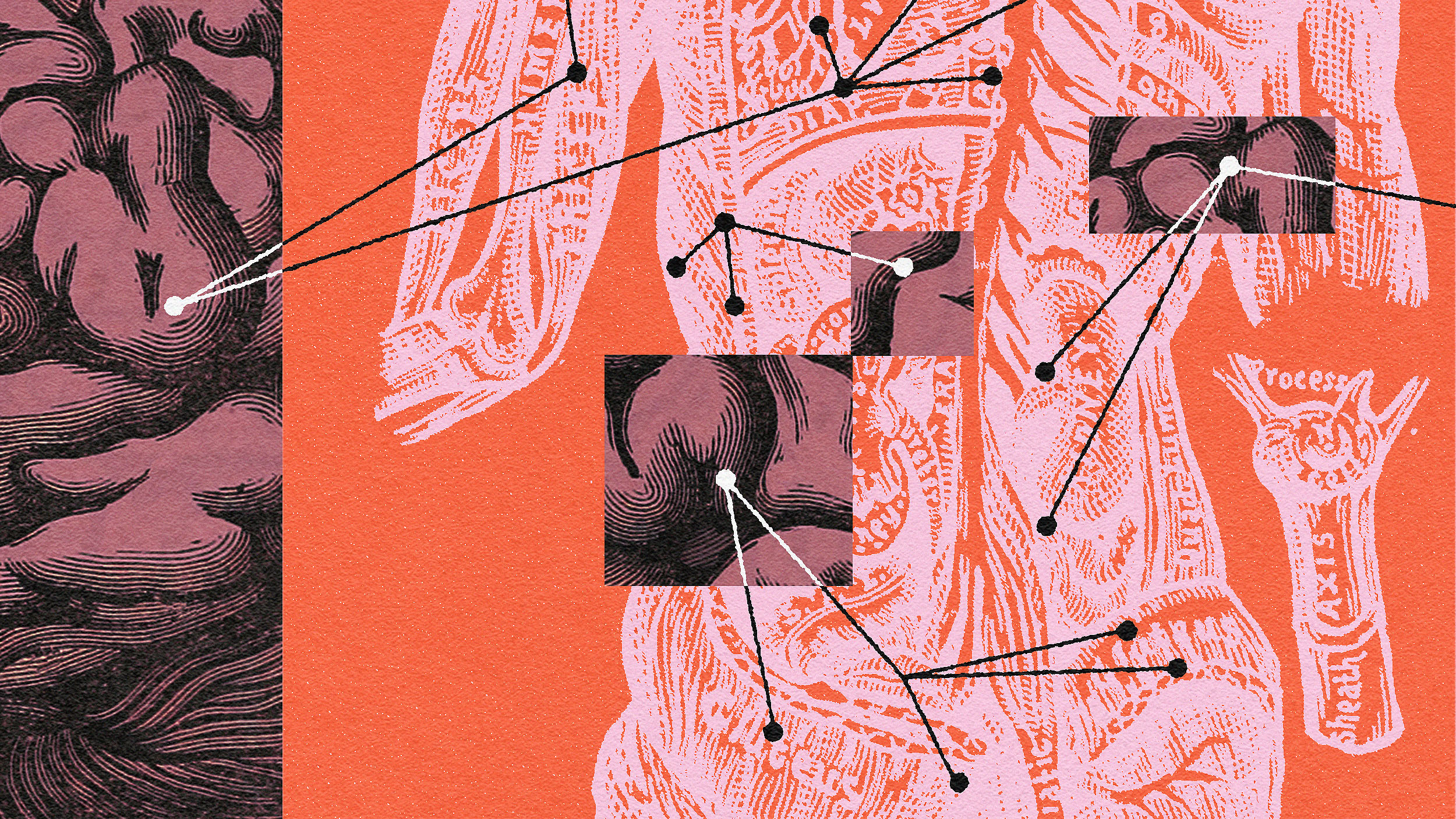Antidepressants Grow New Brain Cells

What’s the Most Recent Development?
An adverse biological affect of depression is the slowing of cell production in the hippocampus, one of only two brain regions known to grow new neurons throughout life. Taking antidepressant medication reverses that trend, but the process has always been a mystery, until now. New research from King’s College in London has worked out just how antidepressants stimulate new neuron production in the hippocampus. “The results suggest that we should be focusing our efforts on developing medicines for depression which act directly on the stress hormone system,” said Imperial College’s Allen Young.
What’s the Big Idea?
Among the barriers to the definition of any disease—especially social diseases like depression and A.D.H.D.—is finding biological and chemical reactions that correspond to a disease’s external symptoms. In the days of less refined medical technology, people were diagnosed with nervous conditions and weak constitutions. In the case of depression, one biological change that takes place is a decrease in the production of new neurons. And while it is not known whether this is a cause of the disease or one of its symptoms, new research is shedding light on the biological processes which cause the depletion of brain cells.





